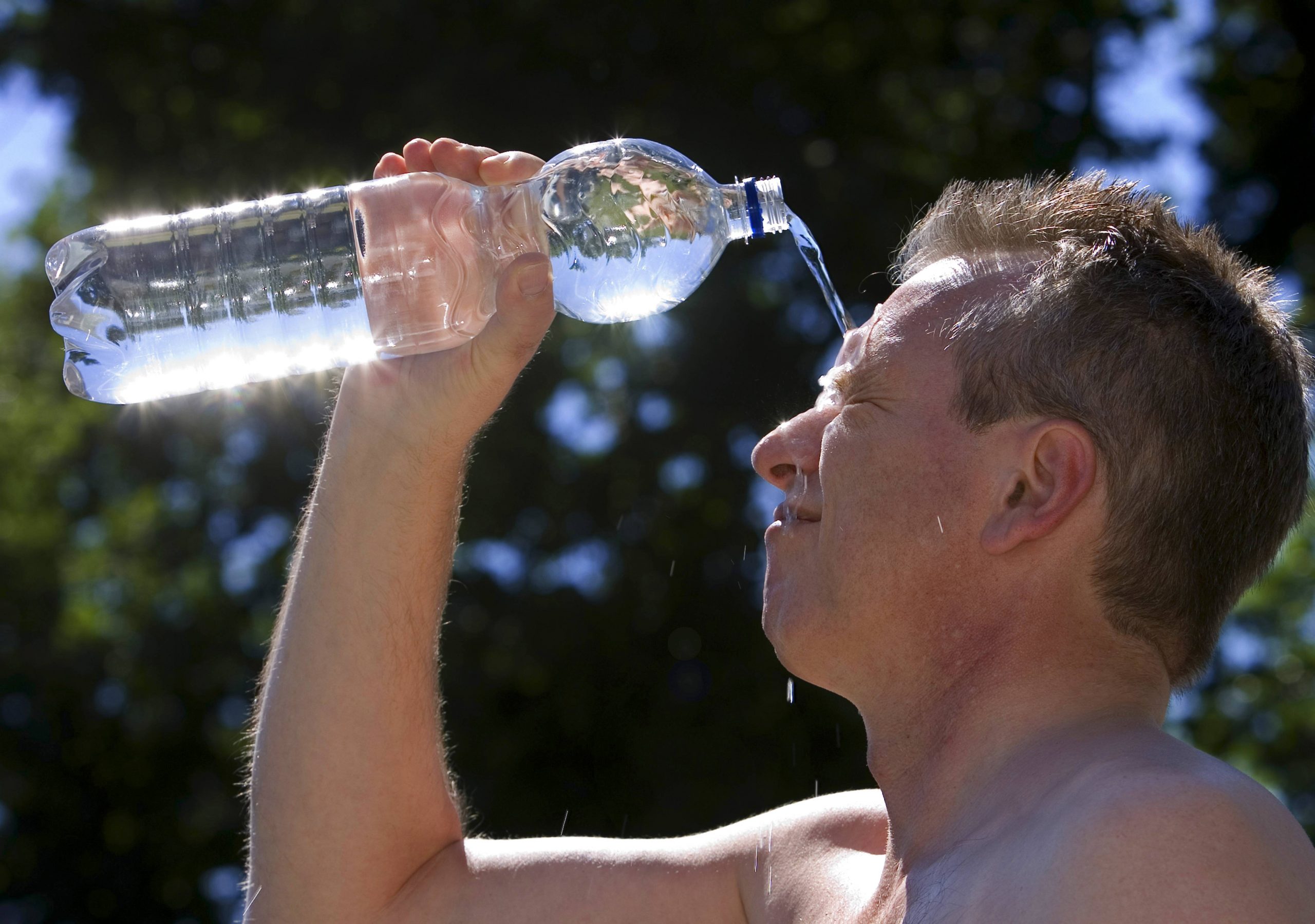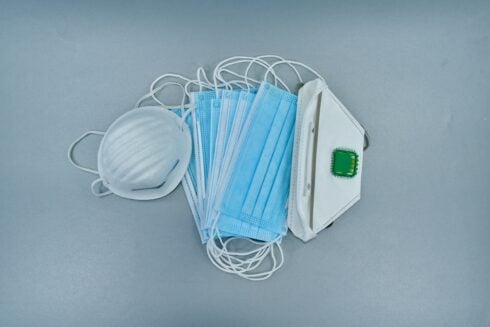SPAIN has launched its annual plan to alert vulnerable people about heatwaves during the summer.
The initiative from the Health Ministry has run for 20 years and will be active until September 30- with an option to extend it to October 15 if needed.
A new feature will be meteoalert zones kicking in from June 3, which will be a reference map for extreme heat warnings.
READ MORE:
- Hurricanes and tropical storms could soon reach Spain due to climate change, weather experts warn
- ‘Hot and humid’ spring in Spain: Weather experts reveal their forecasts for the next three months

The 182 meteohealth zones are designated areas of the country that according to previous years vary in temperature between each other.
The plan’s main objective is to prevent and reduce impact of high temperatures on the elderly, pregnant women, children and the chronically ill.
Another important category takes in workers who are employed for ‘open air’ tasks.
One of the priorities is to alert regional health authorities and the public, of possible risk situations with ‘sufficient advance notice’ so that preventive measures can be taken.
It will done via forecasts provided by the State Meteorological Agency(Aemet) with the Health Ministry passing on details daily to the country’s 17 regions.
A high temperature threshold of impact on health will be reduced for each region and the Ministry will notify a daily risk level for each area.
Level 0 or green, means there is no risk; level 1 or yellow, donates a low risk; level 2 or orange, marks medium risk; and level 3 or red, is a high risk category.
A series of general recommendations to prevent the effects of high temperatures has been published which include drinking water and liquids frequently and avoiding caffeinated, alcoholic or highly sugary drinks that could cause dehydration.
They also say that people should use shady and cool places as well as avoiding outdoor sports in the middle of the day.
They also recommend wearing ‘light, loose-fitting clothing’ and to never leaving anyone in a parked car, especially if they are children, the elderly or people with chronic diseases.
If any heat-related symptoms last more than an hour, the Ministry recommends going to see a doctor.
It also advises keeping medicines in a cool place so that their composition is not altered and to have light meals (such as salads, fruits, vegetables or juices), which ‘help replace salts lost through sweat’.
Click here to read more Health News from The Olive Press.








